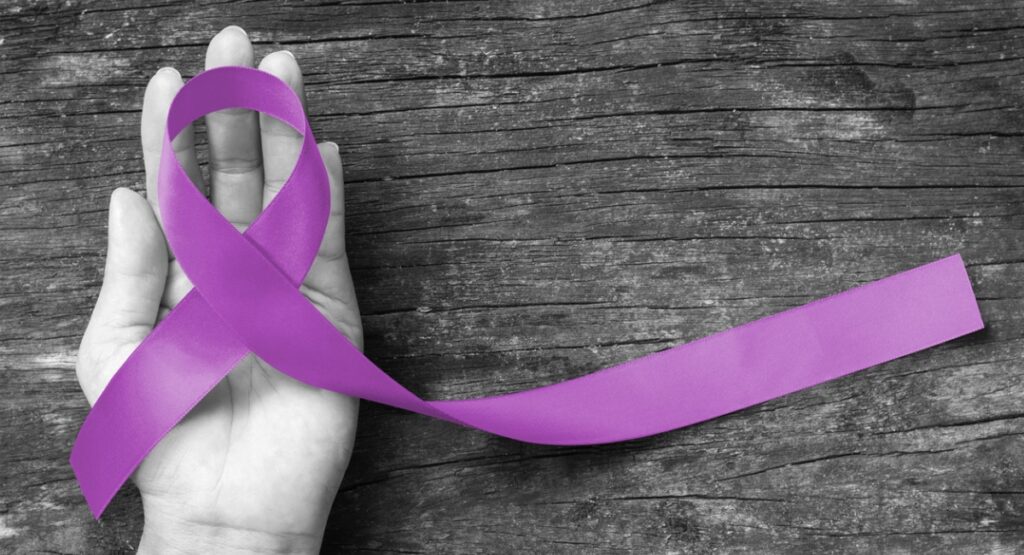How to Let Go of The Past

It’s human nature to fight for things that matter to us. We might long for the past, wish that someone we love hadn’t left us, or hold onto anger from the times that we were treated unfairly. But holding onto things and/or people that are no longer in our lives isn’t good for us. It keeps us stuck in memories of our past and prevents us from noticing and appreciating what we have now. So let’s talk about how to let go of all the things that we tend to cling to—the past, anger, love, fear, and more. Why Is It so Hard to Let Go? We humans really like to cling to things, even things that we know are bad for us. One reason…







